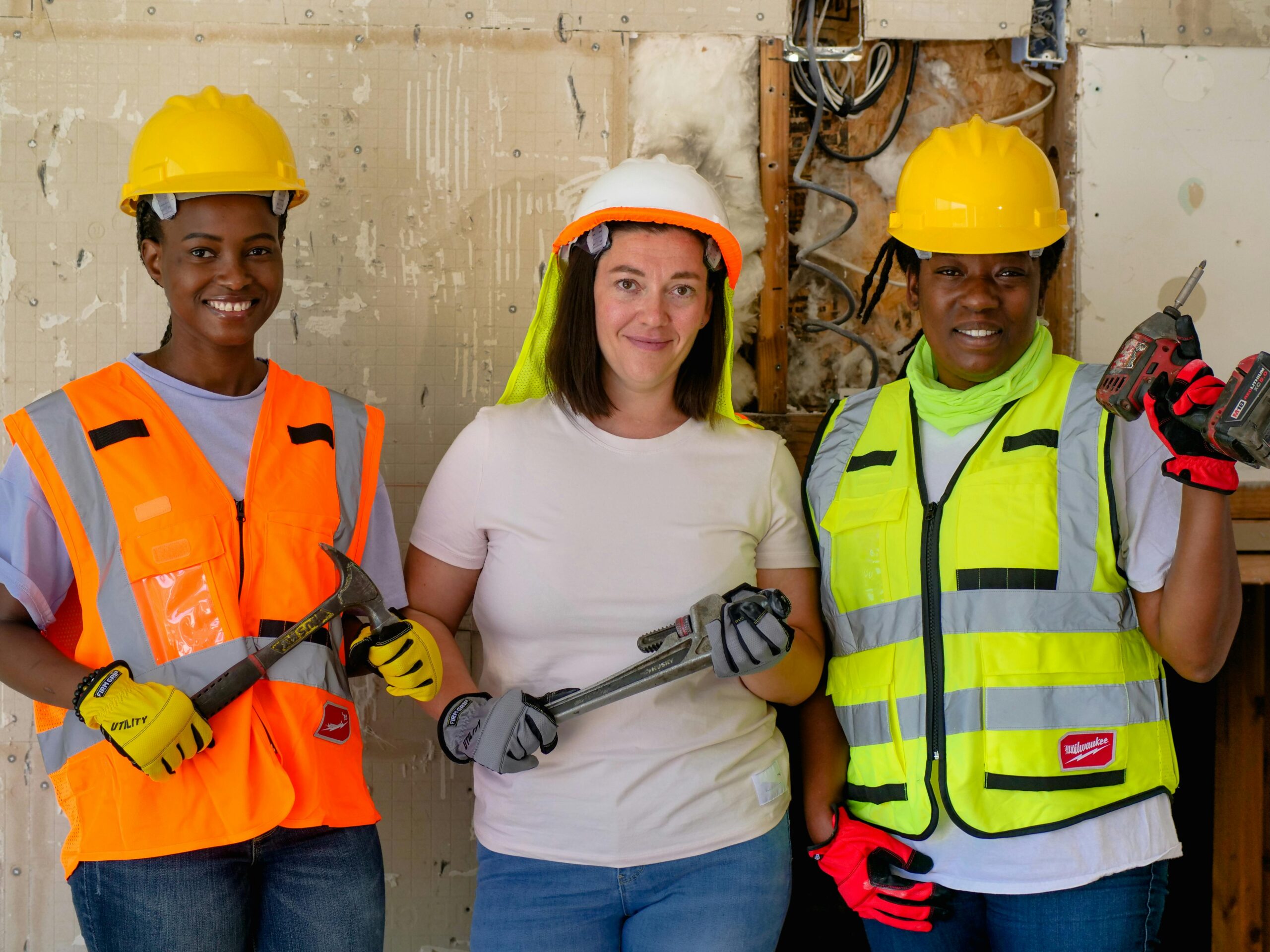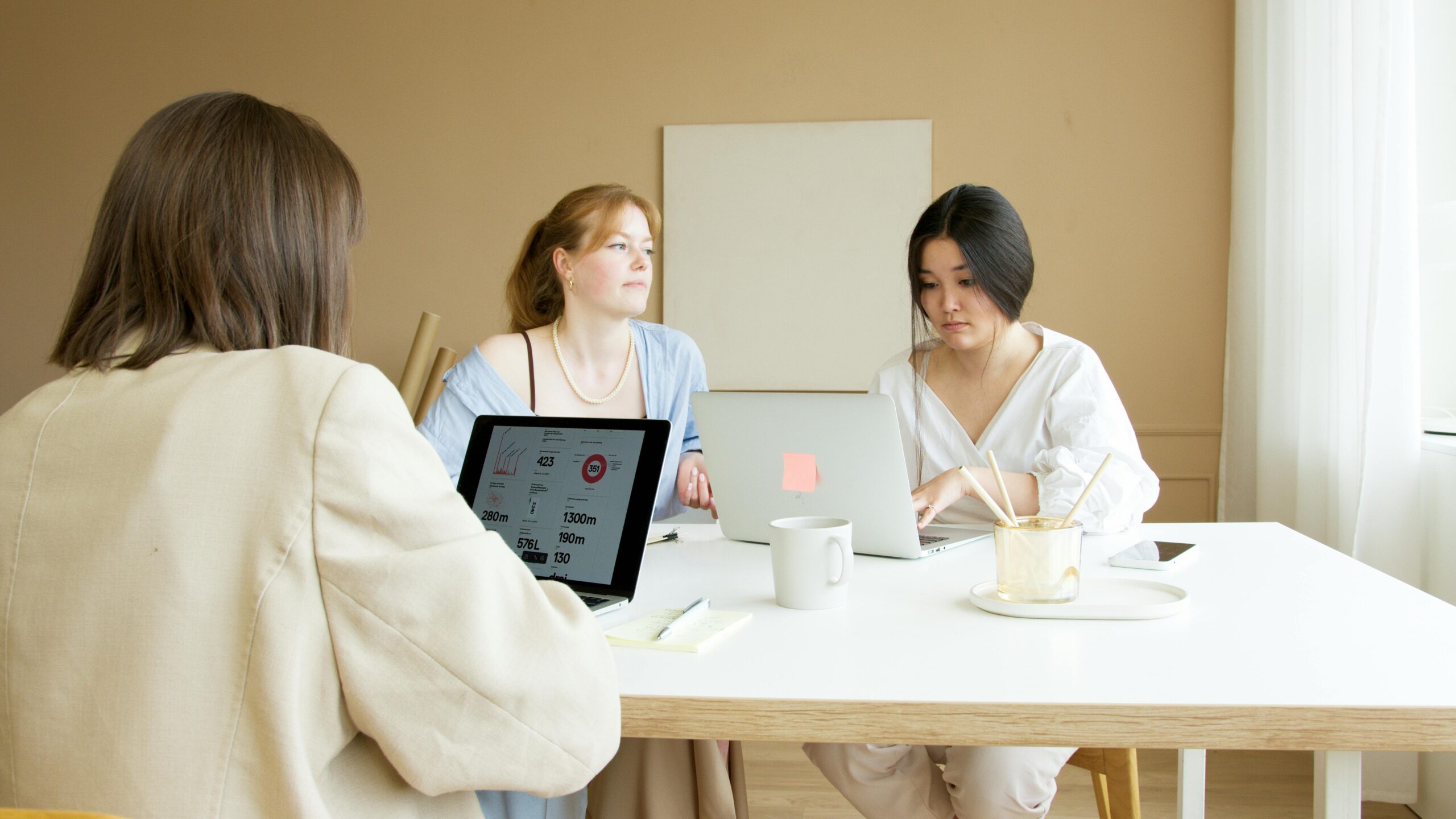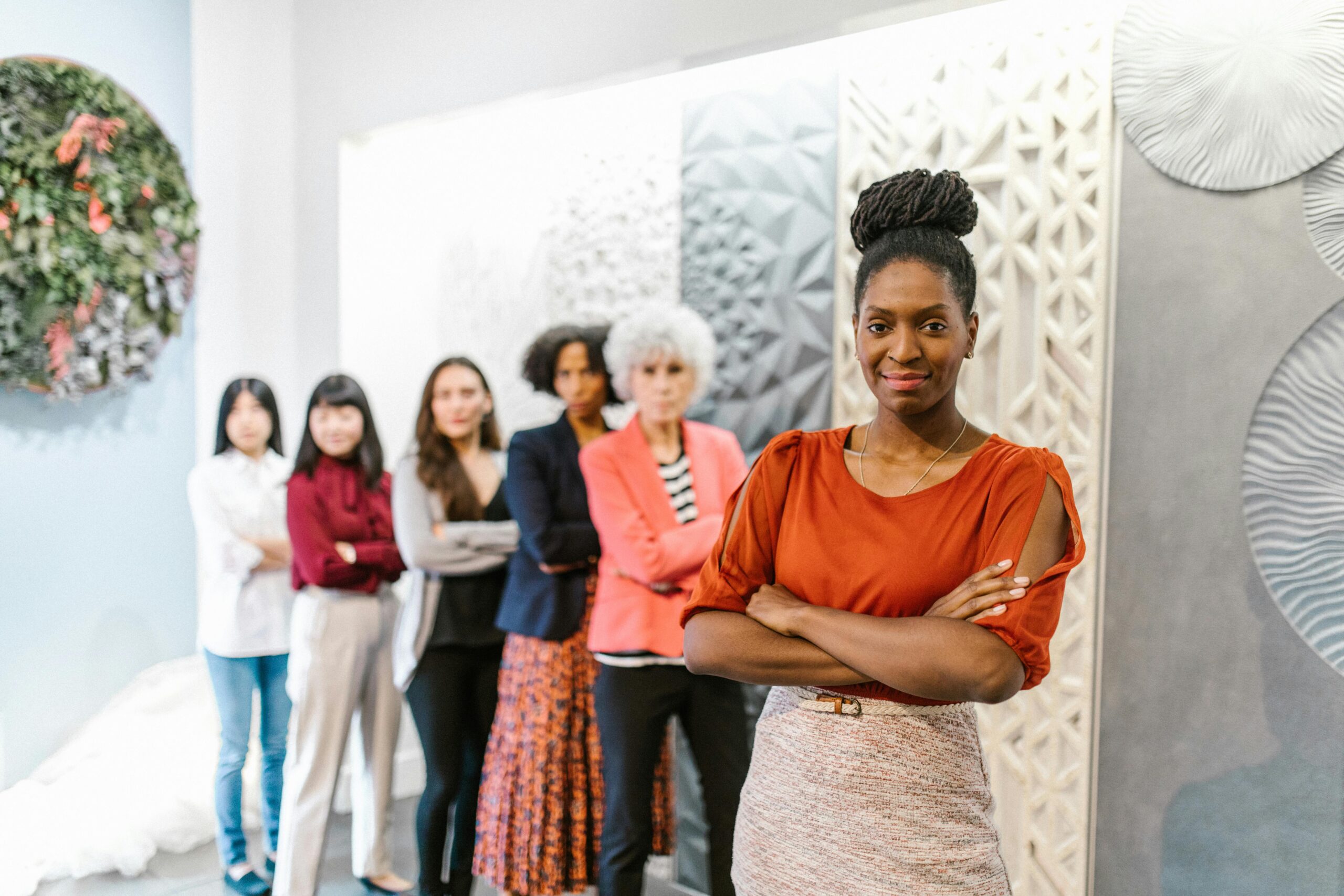
By Ellen Klein
Creativity and sensitivity tend to go hand in hand, and I have to admit I struggle to separate my work from who I am. This means that even the smallest criticism cuts deep.
Adding unpredictability in deadlines, income, and demand for my work only adds to my mental load.
Working alone often makes me feel isolated, too, and there’s always gender bias, self-doubt, and imposter syndrome to battle with, which has me questioning my talent and purpose.
It’s for these reasons that I’ve concentrated on achieving a healthy balance between my creative career and my mental health, and this approach has been effective for me. I hope it’ll work for you too.
Mind Your Money
Your work is about so much more than the money you make, but everyone needs to pay the bills, and having a little cash in the bank is vital for giving you peace of mind and keeping anxiety at bay.
Have you recently sold some work and found yourself flush with cash?
Or maybe you’ve been going through a dry spell and are beginning to feel a slight panic about the end of the month?
I’ve had to balance work that feeds my soul with work that pays the bills. If you need to start a side hustle to supplement your income, don’t be too harsh on yourself or start doubting your work.
I changed my perspective and now think of my side hustle as an integral part of my creativity because it’s one of the reasons I’m able to do what I love.
Choose Therapy
Whether you’re a visual artist, a writer, a musician, or you’re involved in any other type of creative endeavor, you’ll find therapy immensely beneficial because of the unique pressures and challenges in these industries.
These can include the emotional rollercoaster the creative process usually takes us on, heightened sensitivity, perfectionism, and self-doubt. Going to therapy regularly may help you manage your stress better, develop healthier coping mechanisms, and encourage a more balanced approach to your work and well-being overall.
Therapy has cut out a lot of mental clutter and allowed me to create with more focus and less fear. Having a neutral space to unpack my thoughts and feelings has made me feel more steady and helped me reconnect with the joy my work brings me while still knowing when to separate myself from the “job.”
Redefine Success
To put it bluntly, if you never fail at anything, there’s a strong chance you’re simply not trying hard enough.
Creative work inherently carries the risk of failure, and your career carries a certain level of risk. When you put a new idea out in the world, you’re opening yourself to criticism and rejection. You’re going to need to build up your resilience and learn from your mistakes instead of hiding your light for fear of making an error.
Take time to really consider what success looks like to you. Would you say that you genuinely fell short, or might the expectations set by others, or even yourself, have been somewhat unrealistic?
You might not win awards or sell to celebrities, but you could earn a steadier income than someone who does. Or you could meet someone with higher turnover who is objectively more successful than you. But they might be consumed by stress, working around the clock, and struggling to find time for friends and family.
To maintain your mental health, you must define your fulfillment in a way that’s meaningful to you and strive to achieve that satisfaction according to your own terms.
Unplug Often
As valuable as platforms like TikTok, Instagram, and Facebook are for networking and sales, you need to give yourself a break from social media every so often. I have timers set on my phone, and once I go over my hour limit, I have to log off.
Spending time offline can greatly boost your mental health. Since limiting my social media, my stress and anxiety have dropped, and my sleep has improved because I’m no longer doomscrolling until 3 a.m.
Embrace Tools
Managing a creative career means juggling a lot, from creating work to handling admin, accounting, and client communications. But just like social media can be a huge help, so too can online tools.
You can use accounting software to keep your invoices, taxes, and expenses organized, and project management apps to track deadlines and priorities without relying solely on memory. And, if graphic design isn’t part of your creative wheelhouse, you can use design generators to quickly create posters, newsletters, and other media.
These tools all reduce your mental burden and give you space to focus on where you need to channel your energy.
Make Doubt Work for You
Doubt doesn’t have to be a negative experience every time. It actually shows that you care about what you’re doing and that you’re willing to take risks with your work after careful consideration.
When you start feeling doubtful, change your perspective. Think of it as a road sign that points you in a new direction that may pay off.
Many artists stop when they feel doubt. But what if you considered it a normal element of doing good work instead of an obstacle? Feeling nervous when starting a new song, painting, or sculpture is normal. Don’t let hesitation hold you back from creating.
A good way to deal with doubt is to really sit with it and figure out if it’s an indication that you’re taking a wrong turn or simply a fear of failure, which you have to overcome.
Maintain Your Equilibrium
Singer and actor Demi Lovato once said, “If you’re struggling in silence, you don’t have to keep living that way.”
I’ve learned that finding balance often means saying no to some projects so I can be present with the people I care about or handle priorities that can’t wait. Yes, it sometimes means less money coming in, but it’s strengthened my relationships and given me more headspace for my creative work.
I’ve also had to let go of habits that kept me out of my flow and embrace ones that serve me instead. It wasn’t easy, but over time, it’s made my art stronger and improved other parts of my life too. Keeping a steady schedule that supports every area of my life has helped me create with more clarity and energy.
When I protect that balance, my work feels more authentic, my mental health stays strong, and the rest of my life becomes more rewarding.

Ellen Klein is a versatile editor who brings a unique perspective to her work, with a focus on financial management, family and relationships, and health-related topics. With a realist approach, she believes in the power of planning for life’s unknowns, bringing her extensive experience to bear on business, family, and relationship advice. When Ellen isn’t editing, she can be found volunteering for social causes close to her heart, or indulging her passion for writing at her keyboard.
















